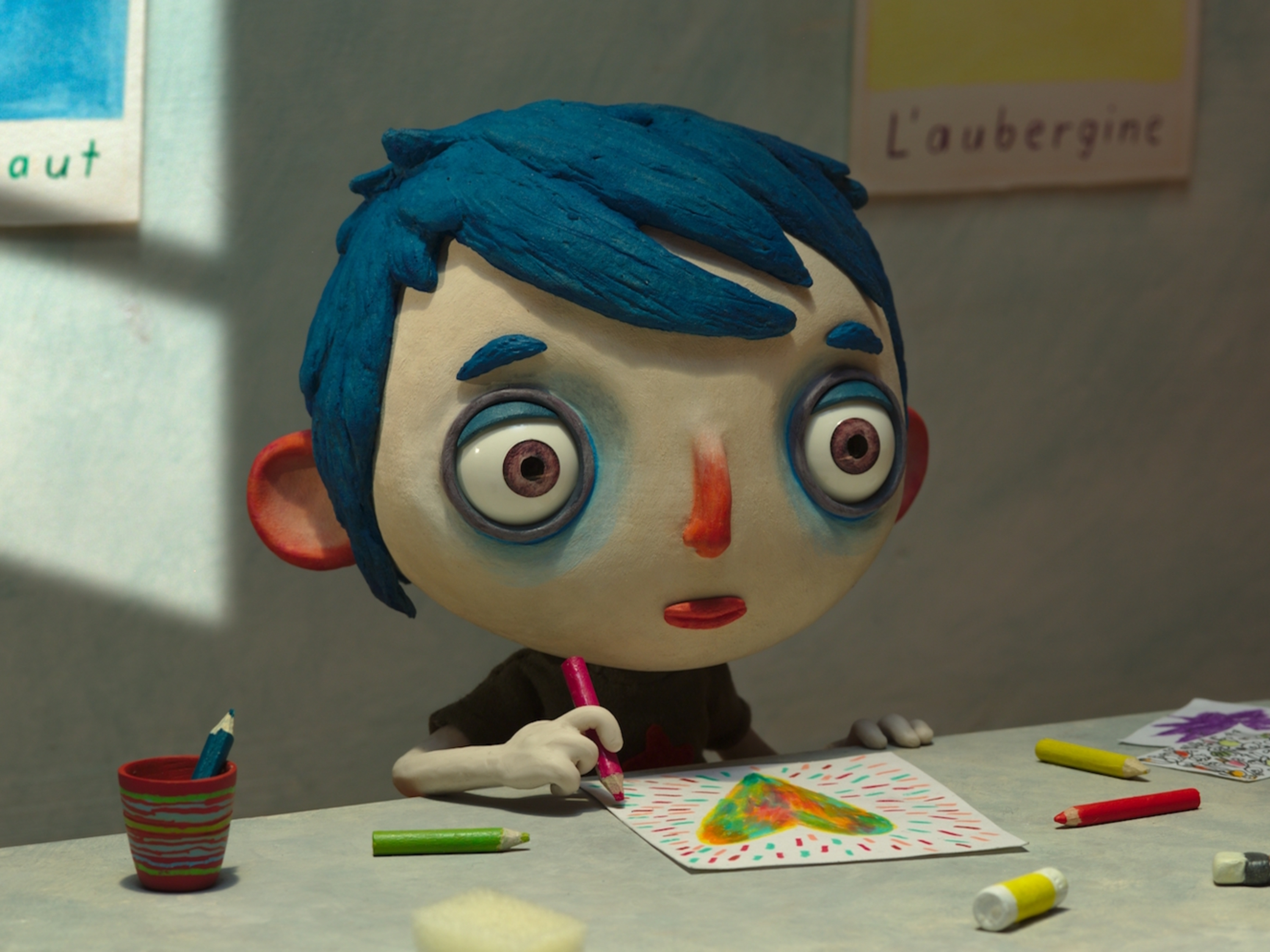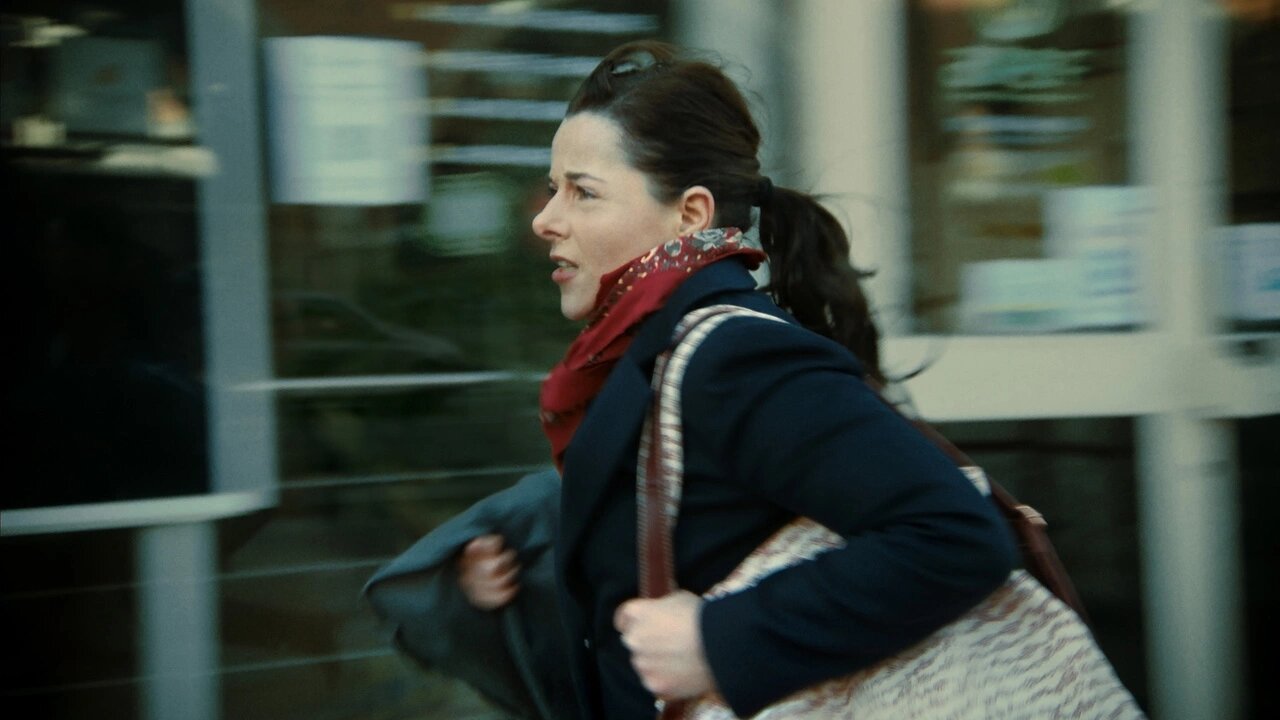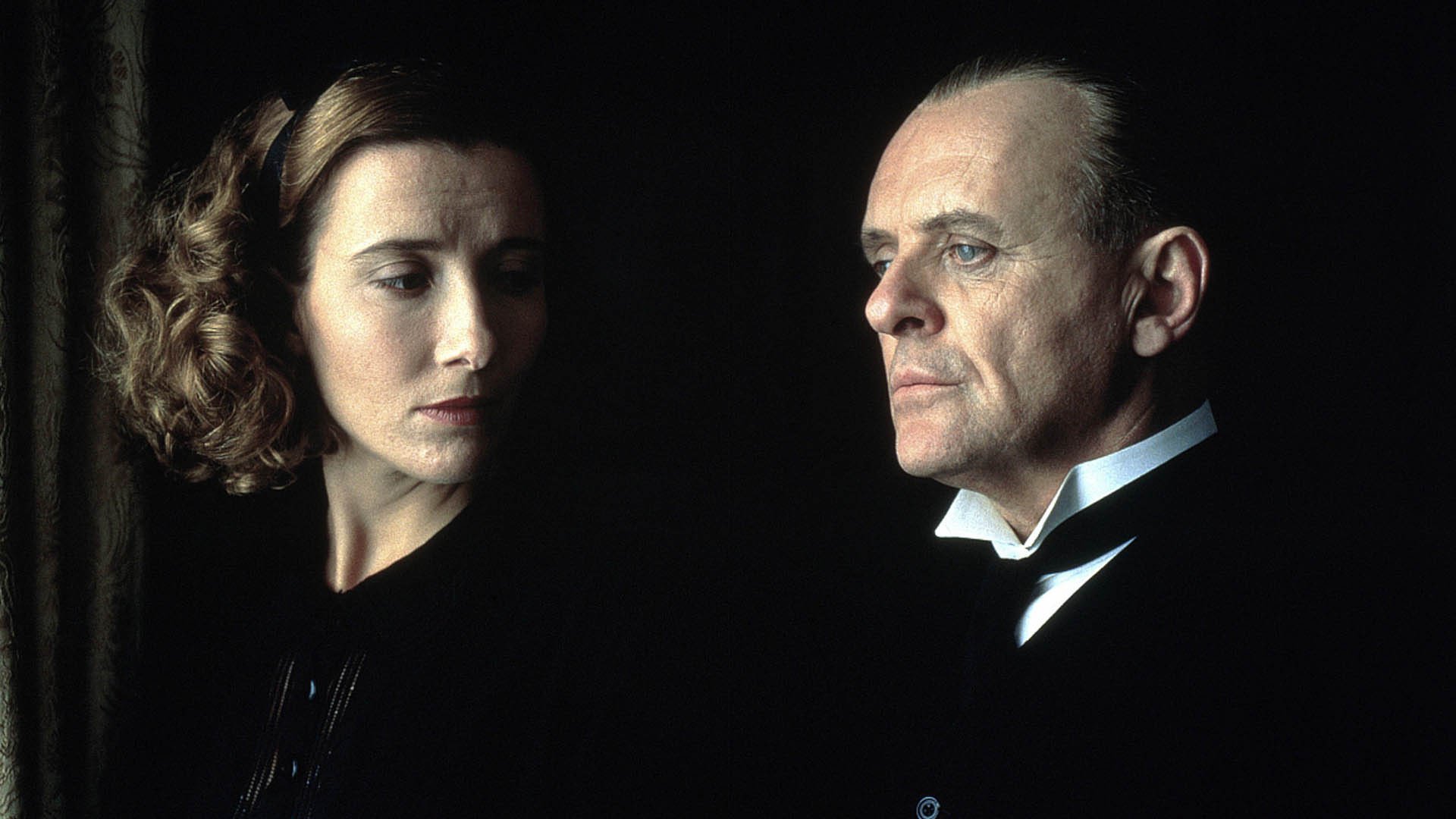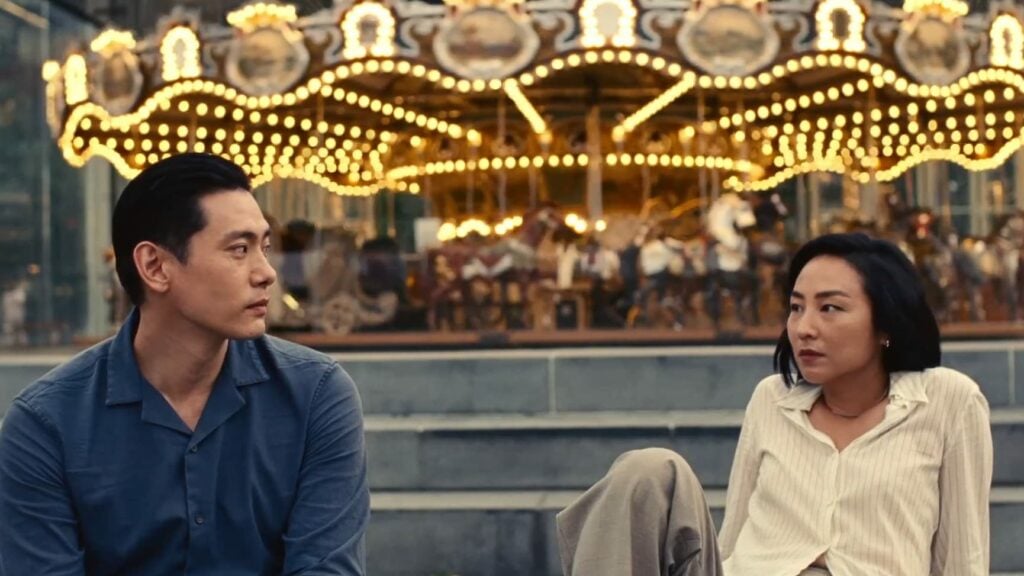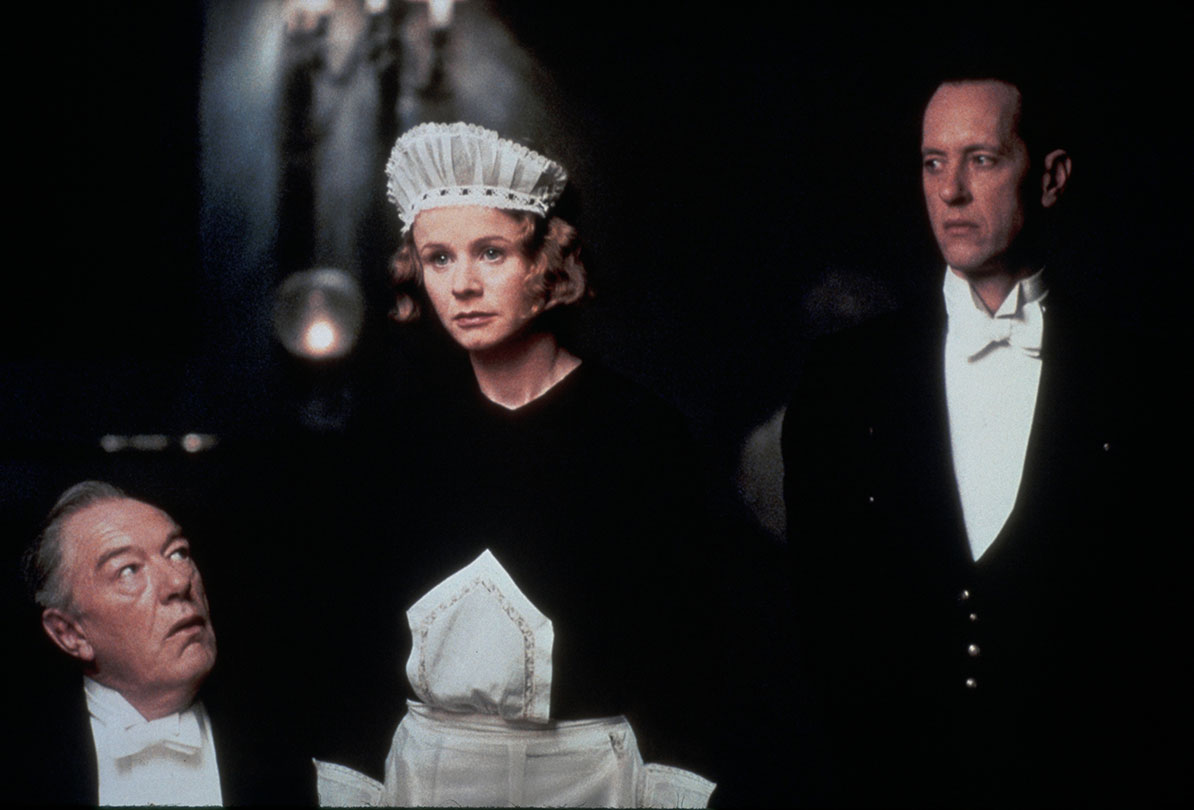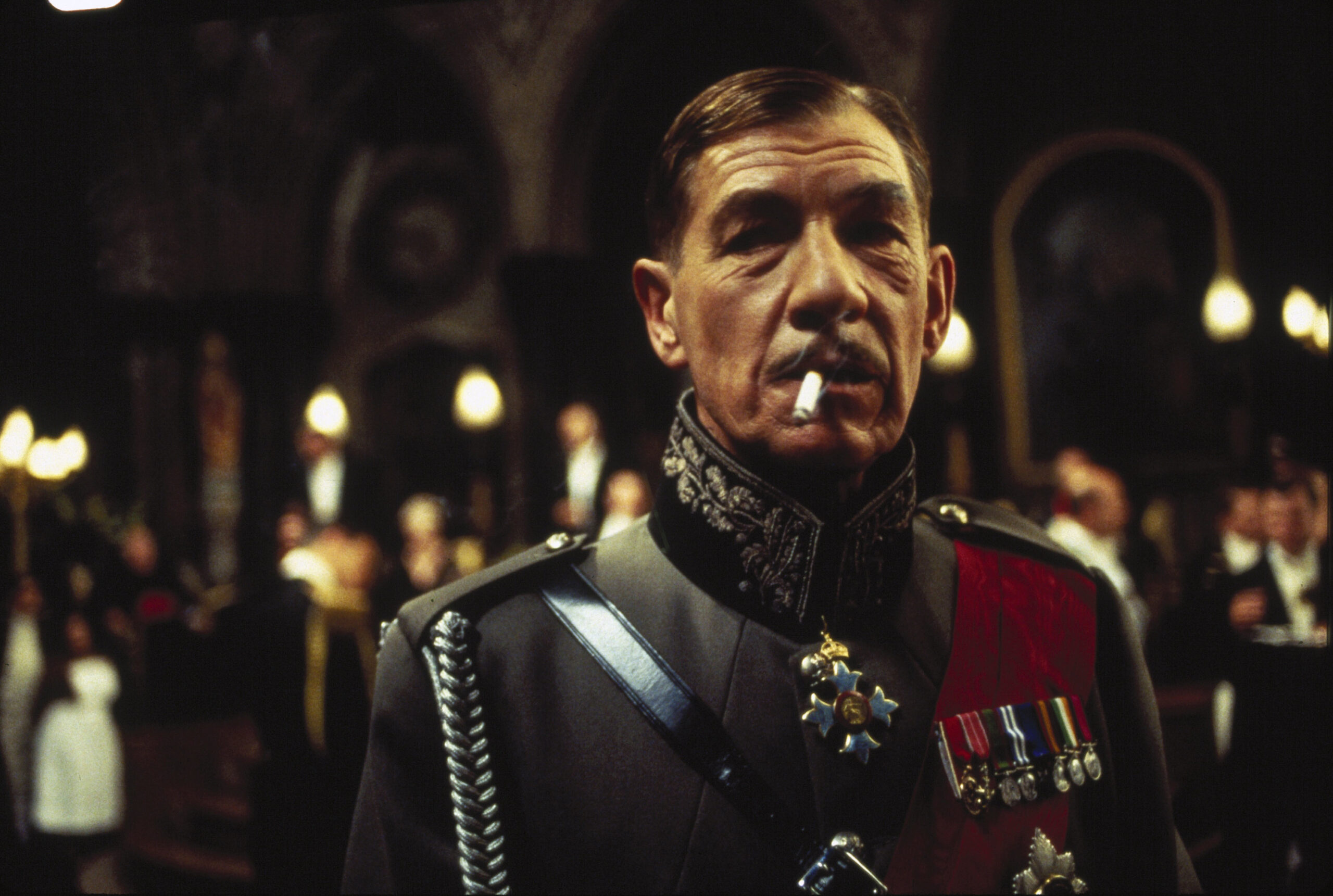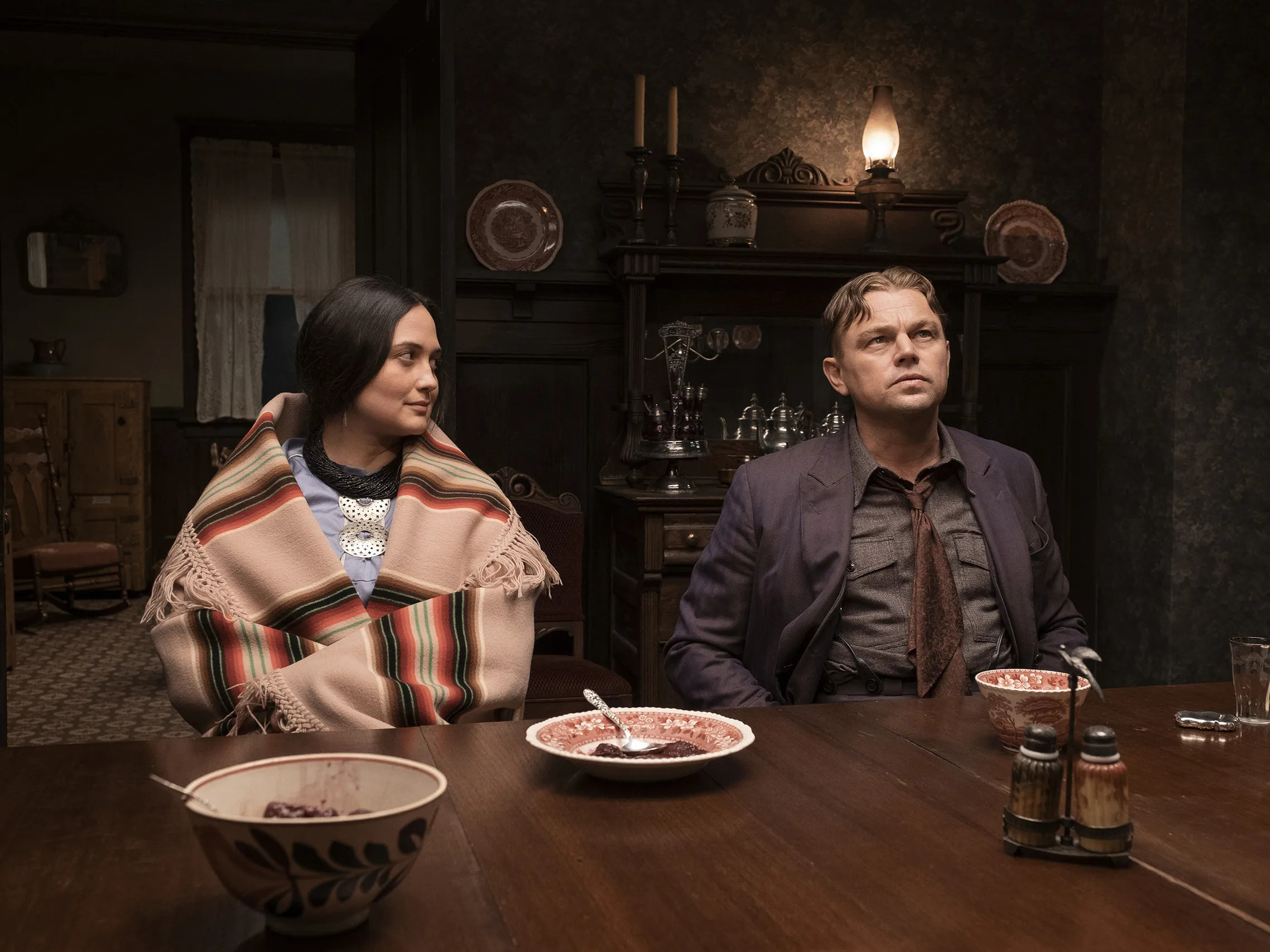
The 50 Best Character-Driven Movies to Watch Now
January 9, 2025
Share:
Great films don’t require great characters at their center; sometimes an evocative audiovisual experience is all you need. Which is why it still feels like a minor miracle when a film can create a compelling, fully-realized person within an average span of 90 minutes to two hours. Through smart, efficient writing and performances that bring out complex humanity from what’s written on the page, great film characters often become the prism through which a movie’s ideas are explored. So if you enjoy watching people both unique and ordinary grapple with the myriad conflicts that movies can bring, we’ve prepared a list of 50 high-quality but under-seen films with strong characters driving them forward.
Read also:
41. Boys State (2020)
Genres
Director
Moods
What starts out as as a summer camp of teenage boys not taking anything seriously grows into a rousing portrait of their hopes and dreams for the future. You wouldn’t expect a documentary like this—shot like a reality TV show—to carry so much weight, but Boys State knows how to unearth the values that drive each of its incredibly well-rounded characters. So by the time these young men have assembled their mock governments and are casting their votes, it feels like the spirit of an entire generation is on the line. This is powerful, entertaining, and ultimately tear-jerking filmmaking that shows us how much work we still have to do and how much hope there still is.
42. My Life as a Zucchini (2016)
Genres
Director
Actors
Moods
My Life as a Zucchini (or Courgette in Europe) is unlike any kids’ movie you’ll see in America. It isn’t afraid to be honest about children’s feelings, no matter how dark or sad, nor is it afraid to be frank about things like intimacy and abuse. It understands that kids need these kinds of narratives too, and sometimes they need to hear them without being pandered to.
There is an openness to it that makes it comforting to adults as well. Lines like “Sometimes, we cry because we’re happy,” are so deceptively simple and tender that they’ll catch you off guard. Couple this seemingly endless reserve of empathy with adorable, almost melancholic stop-motion animation and you get a film that will have you floored for days, regardless of your age.
43. Full Time (2021)
Genres
Director
Actors
Moods
Full Time is about the Herculean task that is getting through the day. For Julie Roy (the incredible Laure Calamy), that means keeping a job in the city as a single mother living in the suburbs. In this particular week, she has to attend to childcare, work a job below her skill set, apply for a job that actually matches her skill set, and get home before her children’s bedtime, all while a transport strike immobilizes the city.
Protests aside, Julie’s reality is an everyday feat some of us don’t even bother to question, but the film—edited and scored like a thriller—makes a vital point about the overlooked difficulties of juggling career, family, and self.
It’s unrelenting, intense, and truly gripping from start to end, kind of like Uncut Gems for the everywoman. It’s rare to see social commentary at this pace, but it’s also unexpectedly powerful, a necessary portrait of the times.
44. The Remains of the Day (1993)
Genres
Director
Actors
Moods
The visceral pain at the center of this adaptation from period drama powerhouse Merchant-Ivory comes not from fading or unrequited love but unrealized affection. Try as he might to repress his feelings, devoted butler Mr. Stevens (Anthony Hopkins) can’t stifle the blossoming attachment he shares with housemaid Miss Kenton (Emma Thompson). And yet, at every opportunity she gives him to do something about it, he balks, squandering the potential for something truly beautiful — something that actually belongs to them, not their aristocratic employer.
The Remains is partly told in flashbacks to the period leading up to the Second World War. From his stately home, Stevens’ master Lord Darlington and his peers play at international relations and try to avoid another war by pandering to the Nazis, but find they’re woefully under-equipped to decide the fate of Europe in this changing world. One of the many brilliant things about The Remains is the way this political drama doubles the devastation of Stevens’ die-hard commitment to his job — because now, he’s sacrificing his one chance at love for something that won’t even survive the decade. Sublime filmmaking and performances turn Stevens’ every minute choice into a pillar of profound tragedy, giving us a maddeningly heartwrenching life lesson for the ages.
45. Past Lives (2023)
Genres
Director
Actors
Moods
The concepts of roads not taken and domino effects have received plenty of cinematic attention in their showier forms by way of multiverse comic book movies and dimension-hopping films like Everything Everywhere All At Once. But, though there’s no hint of sci-fi in Past Lives, Celine Song’s gentle film can count itself as one of the best treatments of that universe-spawning question: “what if?”
When her family moves from Seoul to Canada, teenage Na Young bids a loaded farewell to classmate Hae Sung and changes her name to Nora. Years later, they reconnect online and discover the spark still burns between them. This is no idealistic romance, though: Past Lives is told with sober candor. Song acknowledges real obstacles standing in the way of a relationship between the two — those pragmatic (distance) and, more painfully, personal (evolving personalities, American husbands).
Those two threads — unrealized romance and the transmutation of identity that so often takes place after migrating — are expertly entwined in Past Lives to produce a sublime, aching meditation on memory and time, practical love and idealistic romance, and all the complex contradictions that exist in between. That Song communicates so much and so delicately in only her first film makes Past Lives all the more stunning.
46. Smoke (1995)
Genres
Director
Actors
Moods
Like a long, slow drag of a cigar, Smoke is a patient pleasure. Adam Holender’s leisurely lingering camera and the film’s relaxed editing allow us to savor the actors’ performances and the thoughtful script uninterrupted, trusting in their ability to captivate us. And captivate us is exactly what novelist Paul Auster’s screenplay and the film’s superlative ensemble do.
The film kicks off in Auggie Wren’s (Harvey Keitel) Brooklyn smoke shop, where myriad customers linger to chat and unexpected friendships form. The serendipitous network around which Smoke revolves unfurls gradually, like a curling wisp of smoke: Auggie’s patron Paul (William Hurt), a writer’s block-struck novelist grieving the violent death of his pregnant wife some years ago, has his life saved by Harold Perrineau’s Rashid, the estranged 17-year-old son of a struggling mechanic (Forest Whitaker). Ashley Judd and Stockard Channing also feature in Auggie’s portion of the film, one of its five loose vignettes (although the film flows much more fluidly than a chapterized structure suggests). Auster’s contemplative, dialogue-driven screenplay — along with the film’s unhurried editing and luxuriating cinematography — make Smoke a gorgeous example of the art of savoring, which is exactly what you want to do with this wonderful movie.
47. Gosford Park (2001)
Genres
Director
Actors
Moods
Gosford Park inspired screenwriter Julian Fellowes to create Downton Abbey — but don’t let that association fool you, because this is no quaint, sentimental period drama but a scalding satire of 1930s England class relations (even though Maggie Smith does play a withering dowager countess here, too). Robert Altman, master orchestrator of ensembles, assembled a banquet of performers here, including Michael Gambon, Kristin Scott Thomas, and Charles Dance as the well-to-do attendees of a hunting party on a grand estate. Working furiously to meet their every whim is the house’s domestic staff, played by such talents as Emily Watson, Helen Mirren, Kelly Macdonald, and Clive Owen.
The murder comes over an hour into the film, which ought to tell you about its real focus (Altman actually called Gosford Park a “who cares whodunnit”). In place of Agatha Christie-style intrigue is brilliant characterization and storytelling. Even at 137 minutes, 30-plus characters mean time is of the essence, but Altman and his actors miraculously find a way to convey a deep sense of each person — especially those downstairs. This tangle of rich lives never gets overwhelming, though, because Gosford Park is expertly paced. It’s nothing less than a joy to sit back and experience the masterful unraveling of its many threads, each more revelatory than the last.
48. Richard III (1995)
Genres
Director
Actors
Moods
One of Shakespeare’s most indelible works is brought roaring to life in this explosive adaptation. The action is transposed from the 1400s to brutalist 1930s England, with the bloody civil war between the houses of Lancaster and York being waged by tanks and planes instead of cavalry. The switch isn’t merely cosmetic, though: in an inspired move, usurper Richard is reimagined here as the fascist head of an army of Nazi-esque Blackshirts (an analog of real militant far-right leader Oswald Mosley). Ian McKellen, who also co-wrote the screenplay, gives an odious but brilliant performance as the titular Machiavellian schemer who will stop at nothing to seize the crown, even betraying his own blood.
McKellen is joined by a gluttony of acting talent: Maggie Smith plays the King’s despairing mother, Annette Bening and Robert Downey Jr. are the unfortunate American queen and her brother, while the likes of Jim Broadbent, Bill Paterson, Kristin Scott Thomas, and Jim Carter fill up the royal court. All the richness of Shakespeare’s original writing is retained, charging the performances and the film around them with a grand sense of drama. Peter Biziou’s ostentatious cinematography is a perfect frame for it all, and helps cement this as much, much more than a piece of filmed theater.
Read also:
49. Killers of the Flower Moon (2023)
Genres
Director
Actors
Moods
Martin Scorsese’s Killers of the Flower Moon isn’t a whodunnit; in fact, it’s closer to a who-didn’t-do-it. We know from the very beginning who is responsible for committing the brutal serial murders of wealthy Osage Native Americans in 1920s Oklahoma that the film chronicles: pretty much every single one of their white neighbors, spearheaded by William Hale (a skin-crawling Robert De Niro). Scorsese, most often associated with mafia stories, stealthily suggests here that the most dangerous gang of all is the one into which all these perpetrators have been born. That’s an idea he investigates through the confused loyalties of Leonardo DiCaprio’s Ernest Burkhart, the Judas-like husband of Mollie (movie-stealer Lily Gladstone), an Osage woman who owns lucrative oil headrights that William wants to fatten his own pockets with. This searing epic — based on a harrowing chapter of real American history — is an unsparing and self-implicating look at complicity and greed in the eye, a monumental movie that cements its maker as one of the greatest to ever do it.
50. Kneecap (2024)
Genres
Director
Actors
Moods
When we think of biopics, we think of underdogs overcoming all odds just through the magnetic power of one’s voice or mastery of their instrument, with the accolades a natural reward for all they’ve been through. Kneecap is not that. The biopic about the titular Belfast hip hop act acknowledges the Troubles, but right off the bat, they would rather tackle that through the actual music. With a low budget, Kneecap dresses themselves in neon tracksuits, reliving their beginnings with stylized camera movements, scribbled out lyrics and action lines, and an impeccable energetic score sync from their usual music video director Rich Peppiatt. It’s an exciting new portrait of the band and Ireland today.
Comments
Add a comment
Ready to cut the cord?
Here are the 12 cheapest Live TV streaming services for cord-cutting.
More lists
Lists on how to save money by cutting the cord.
Curated by humans, not algorithms.
© 2025 A Good Movie to Watch. Altona Studio, LLC, all rights reserved.

